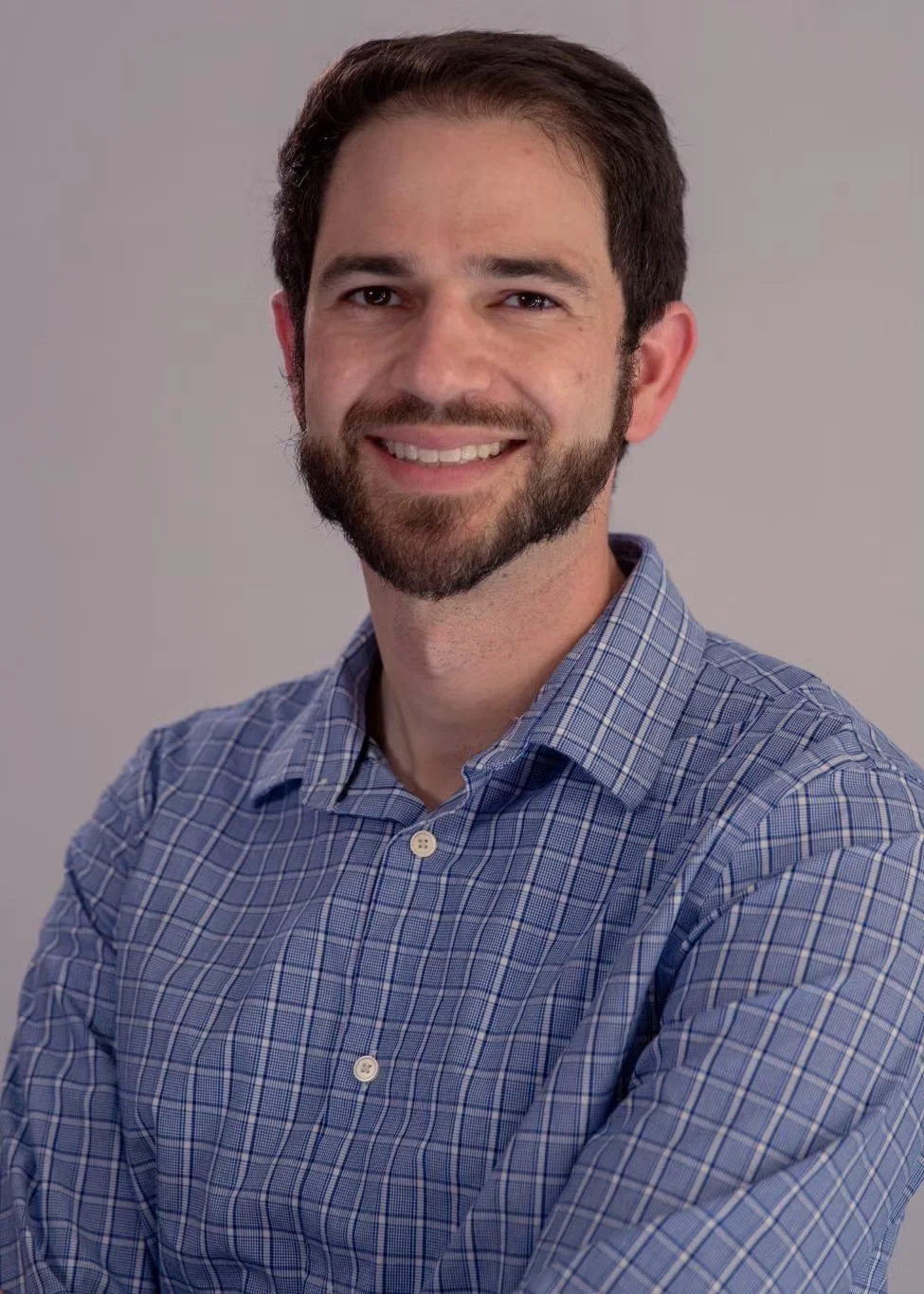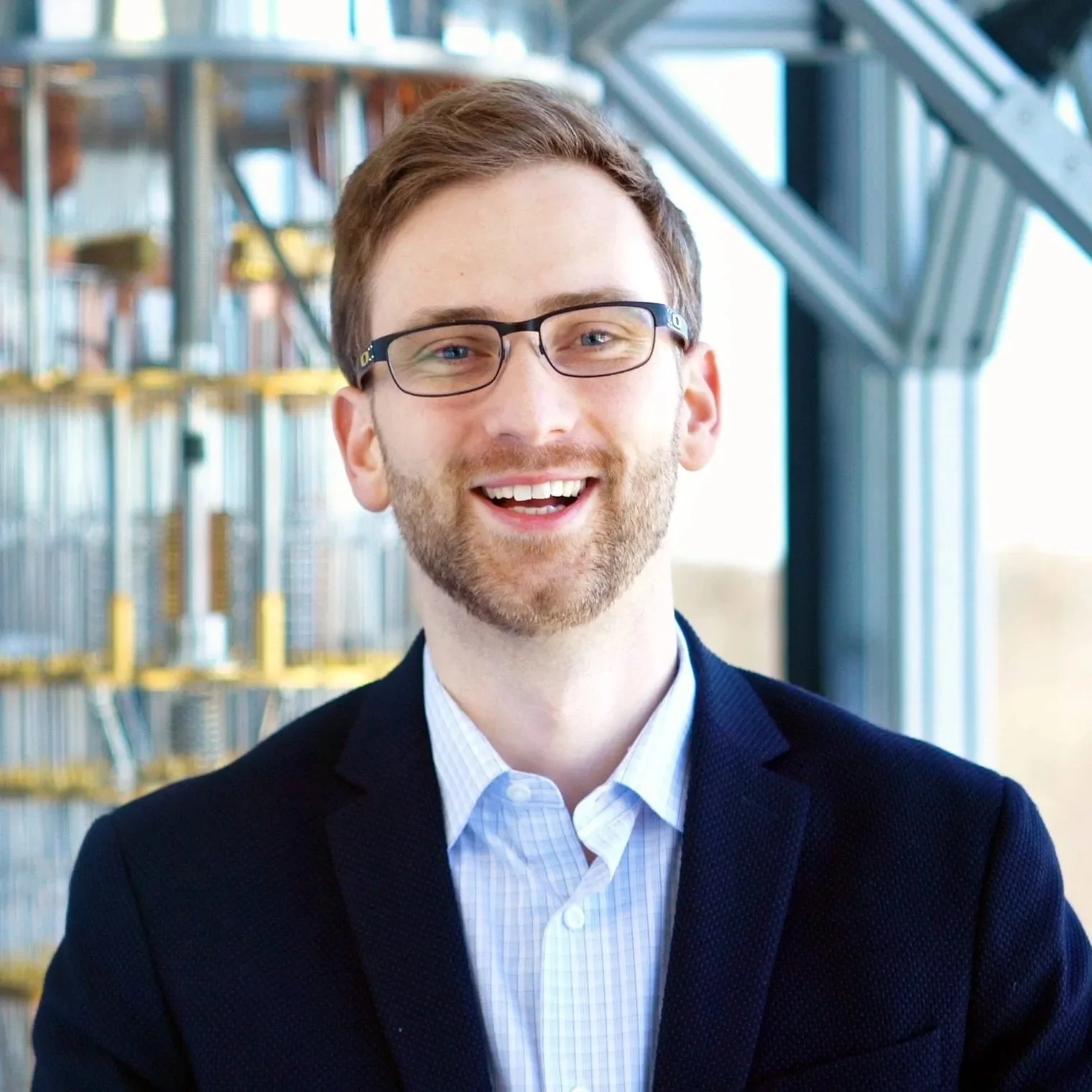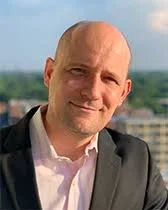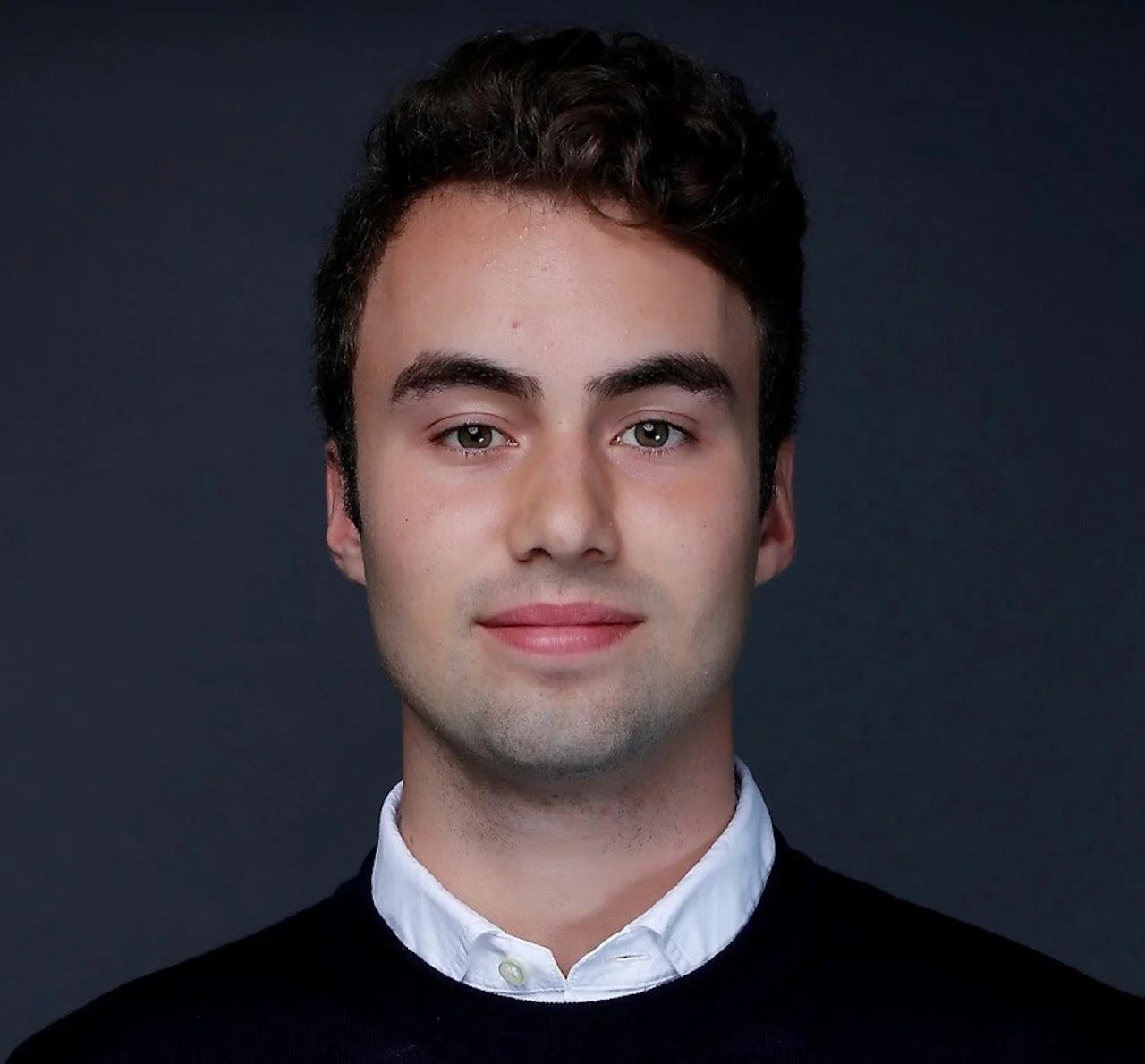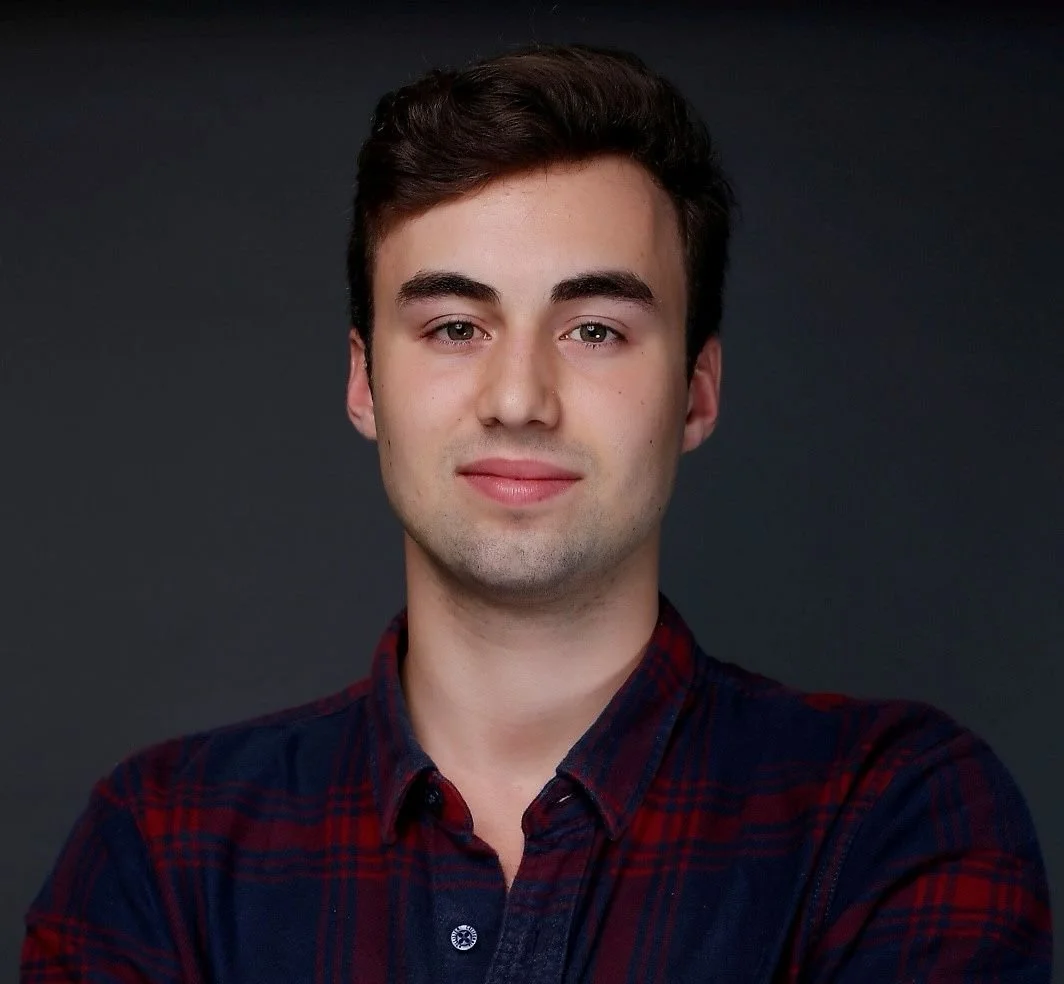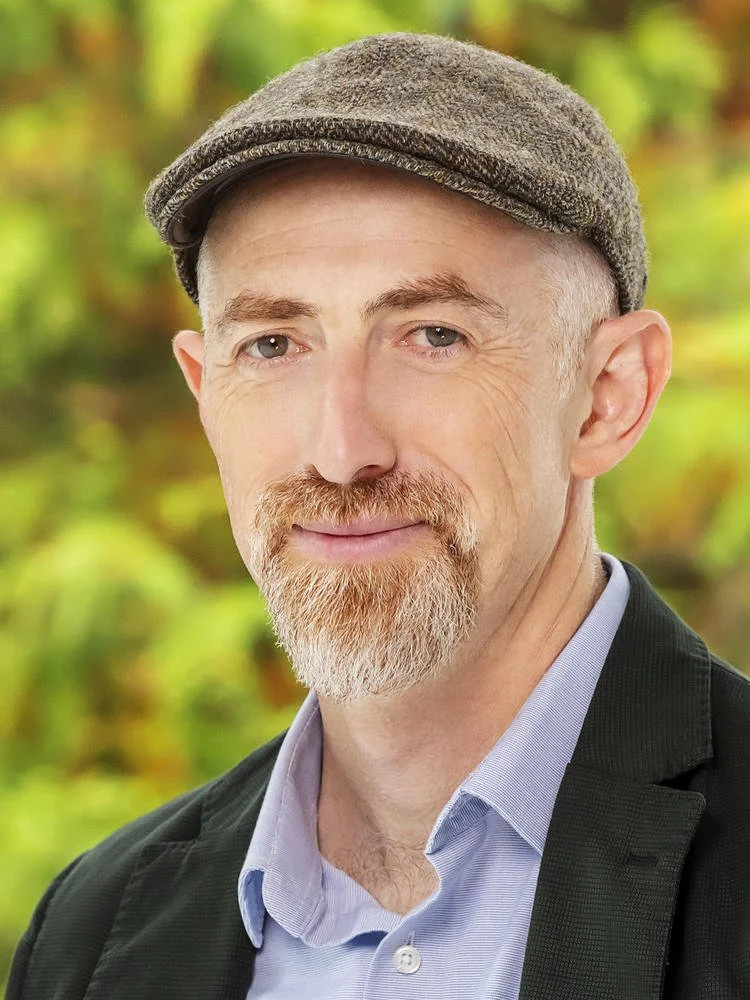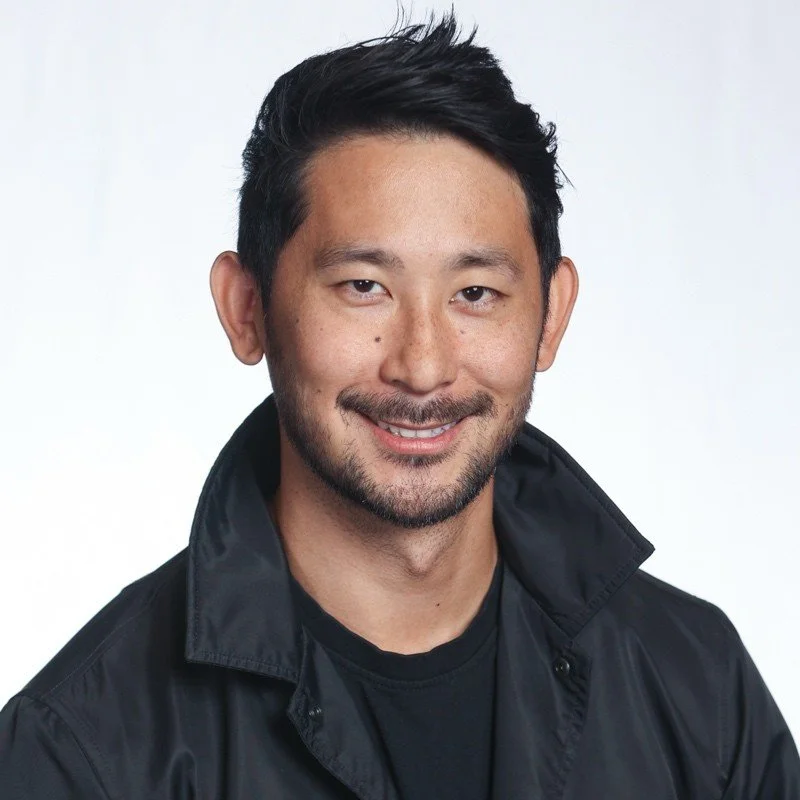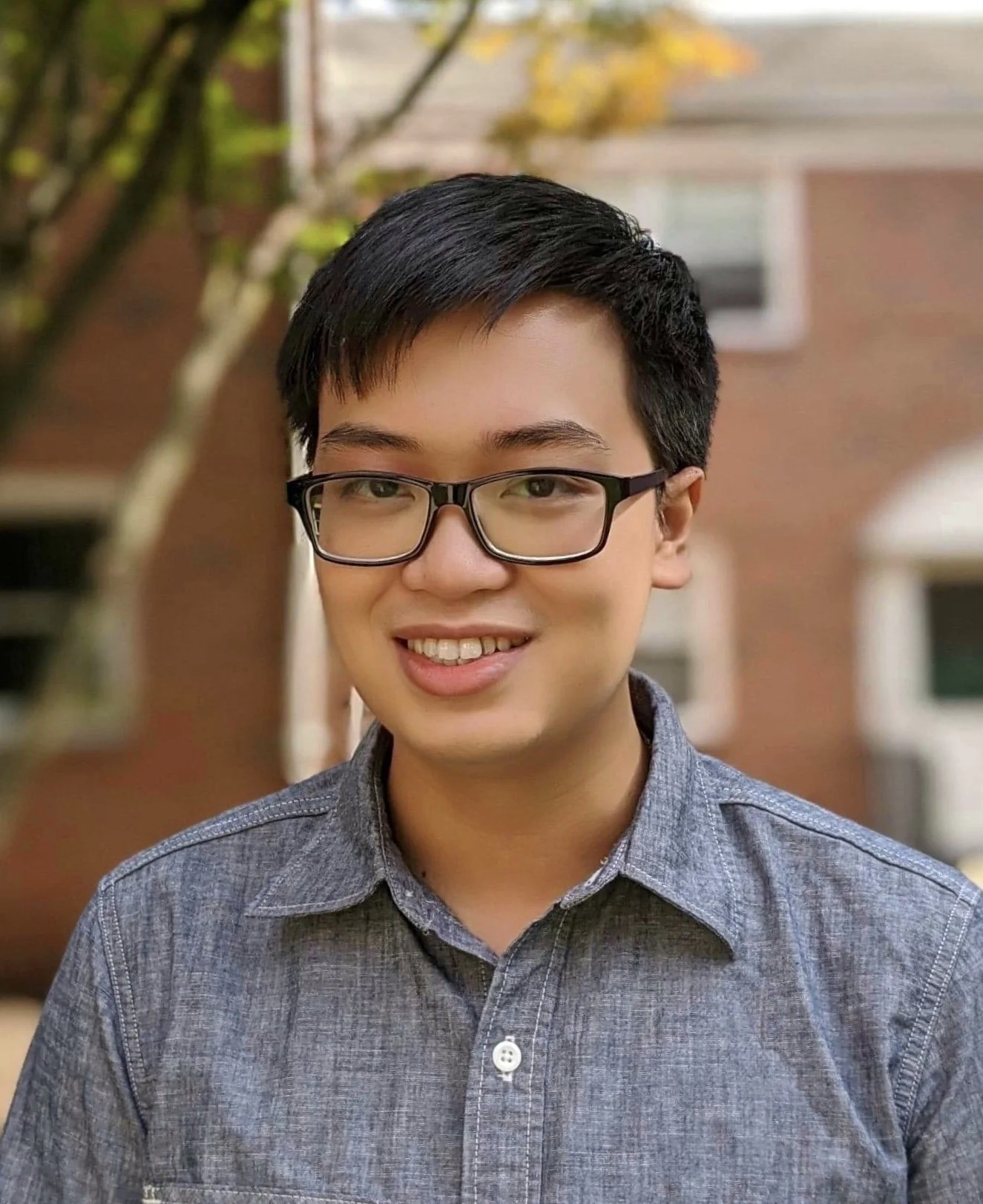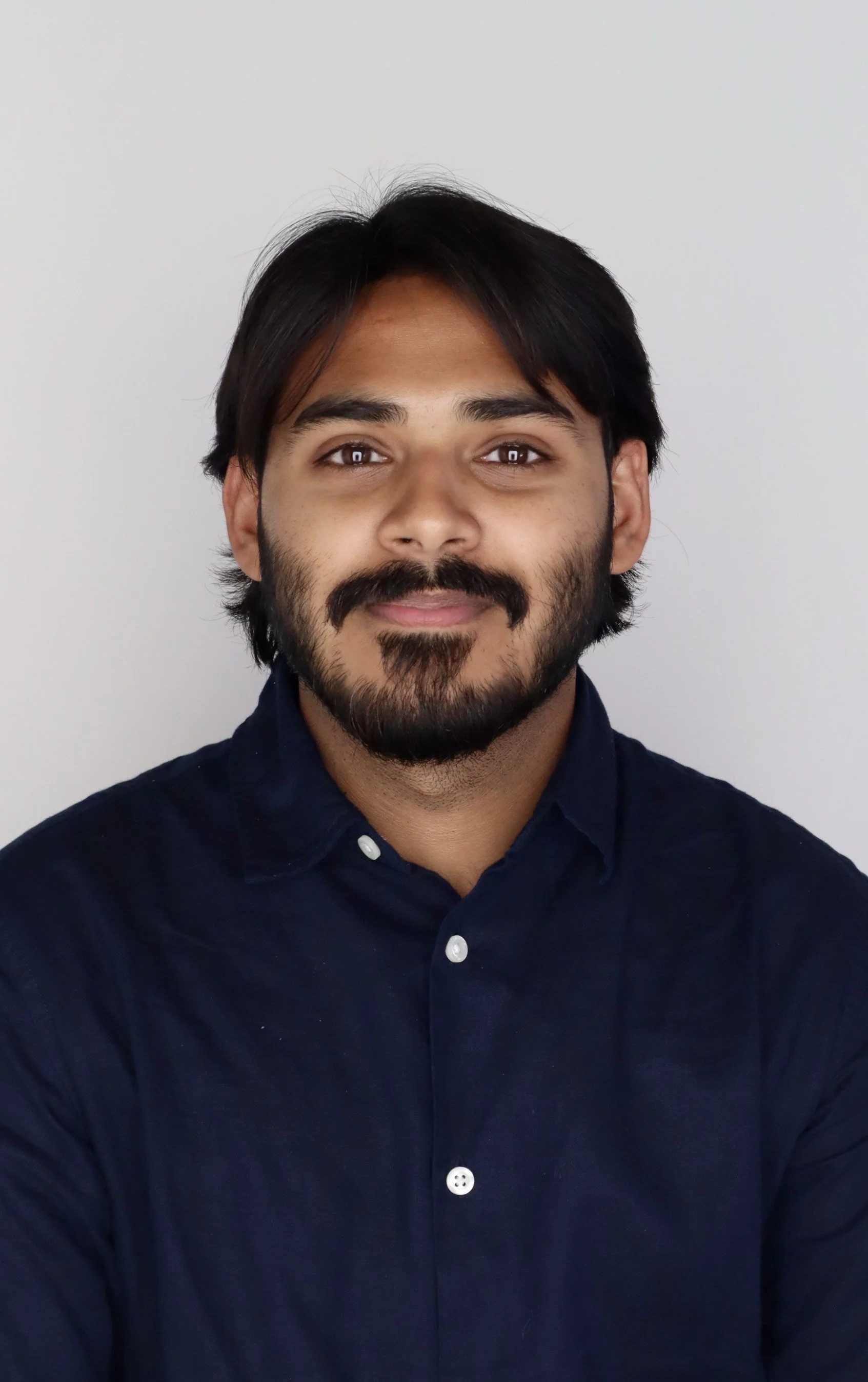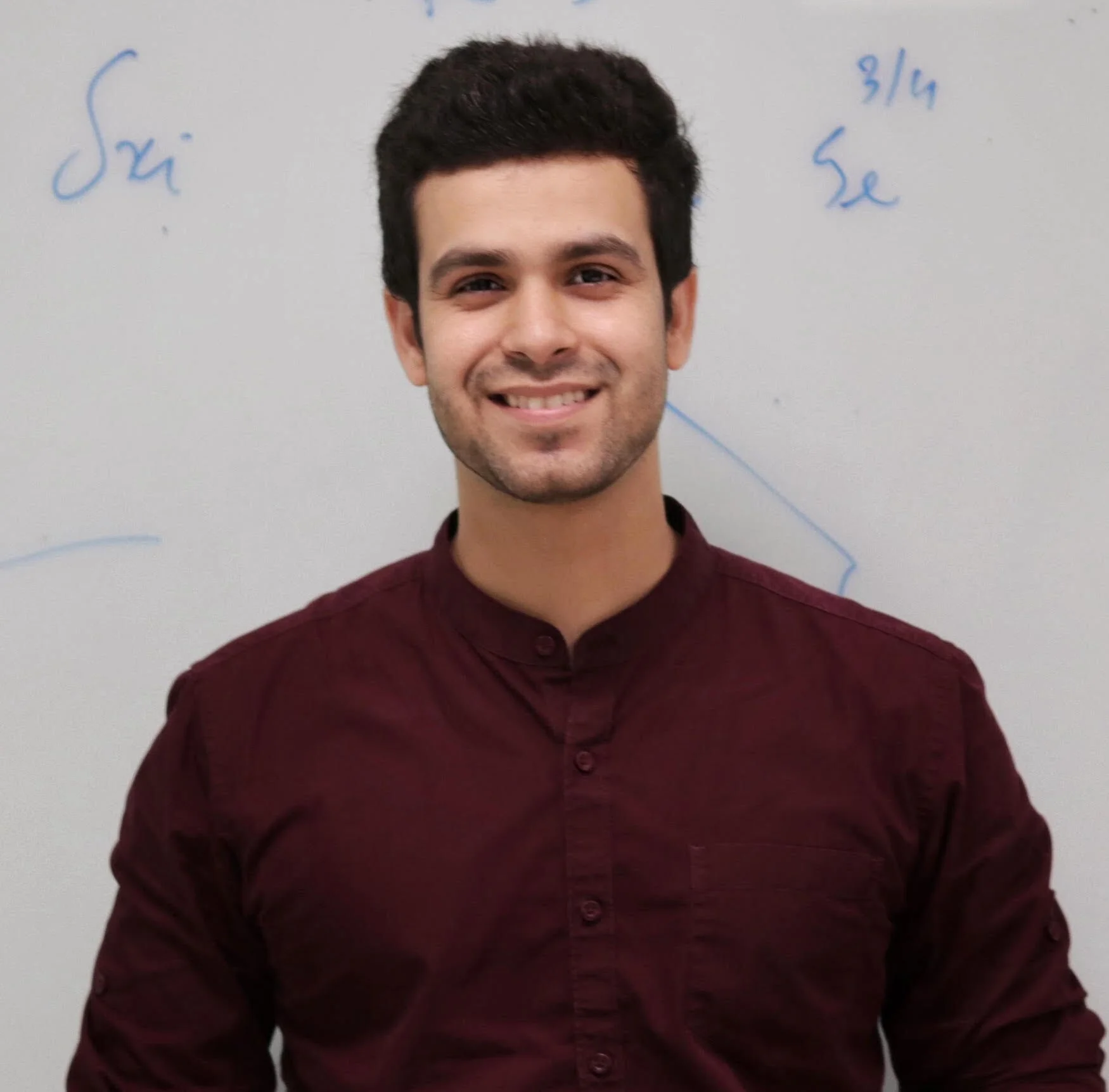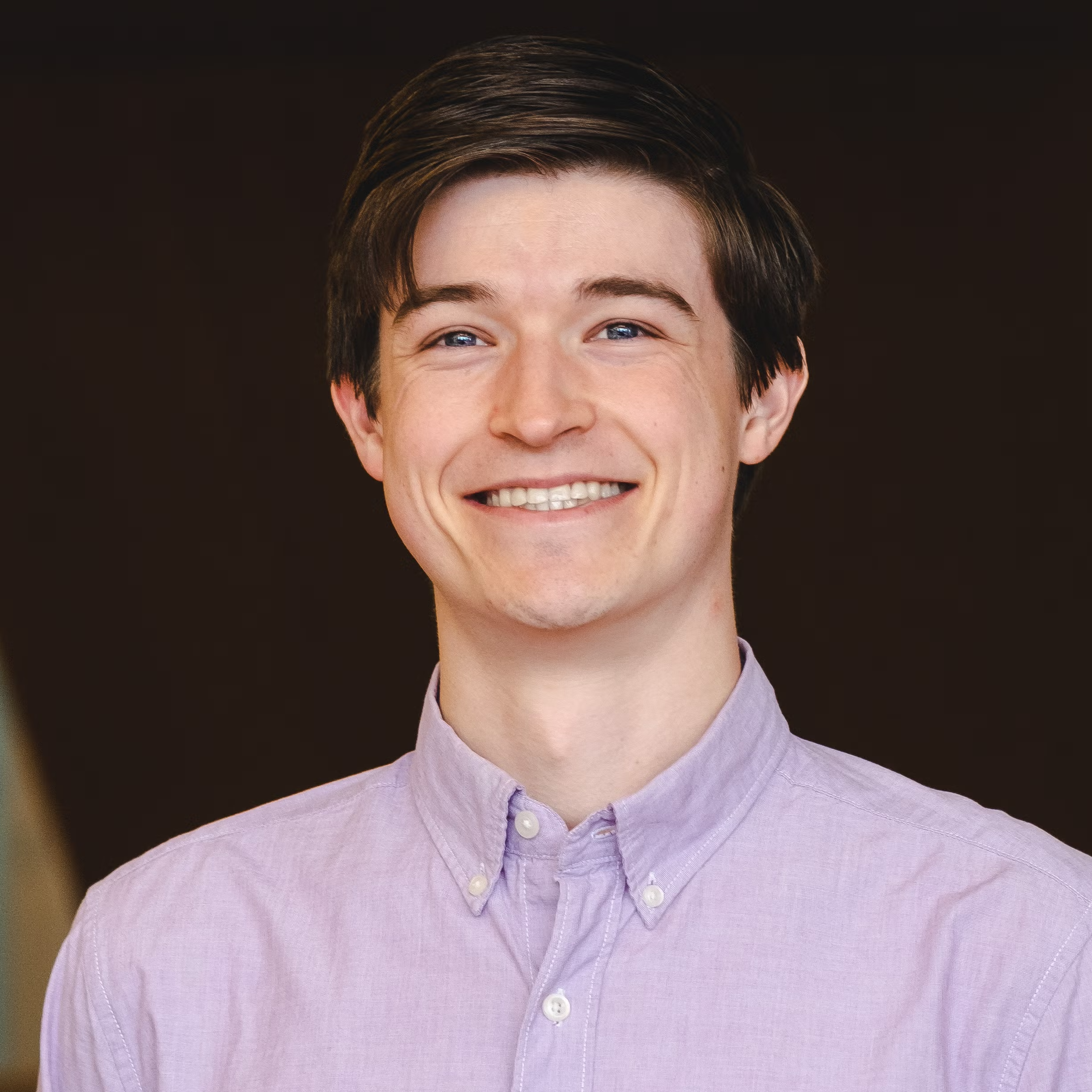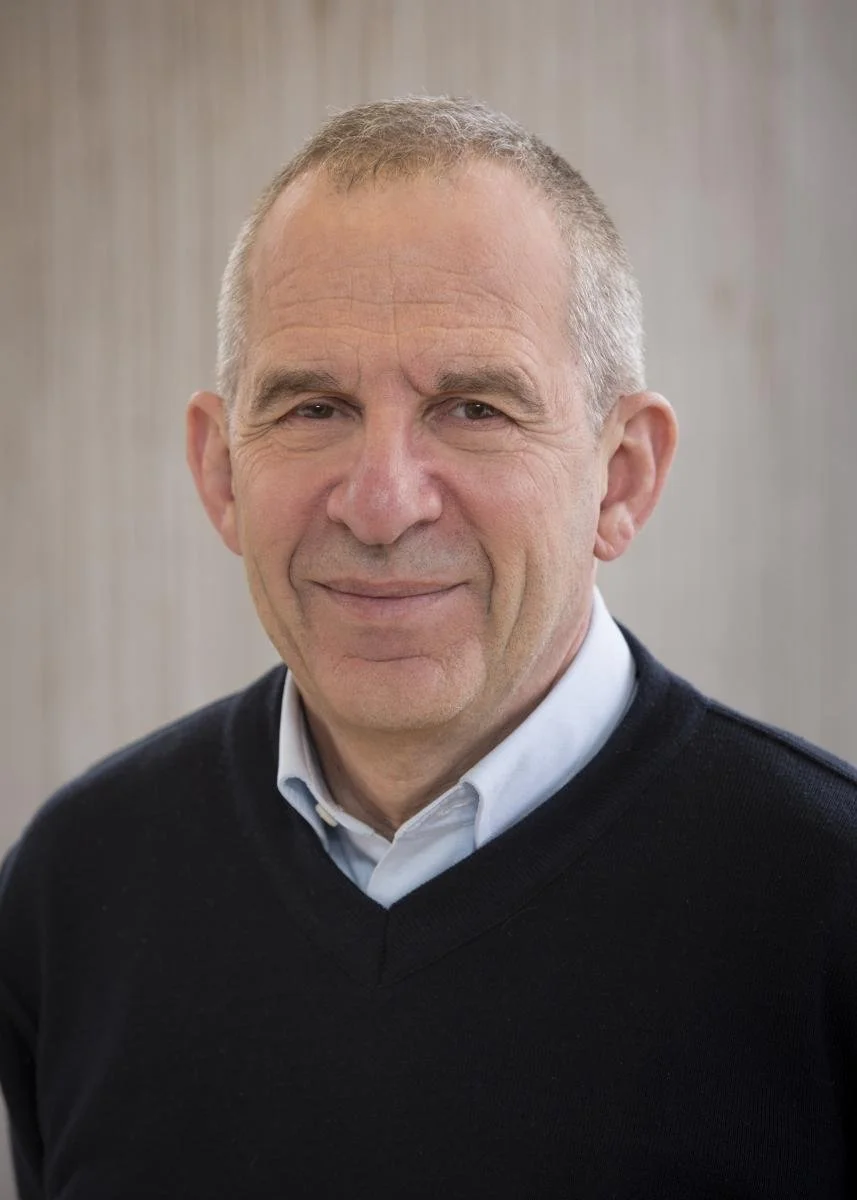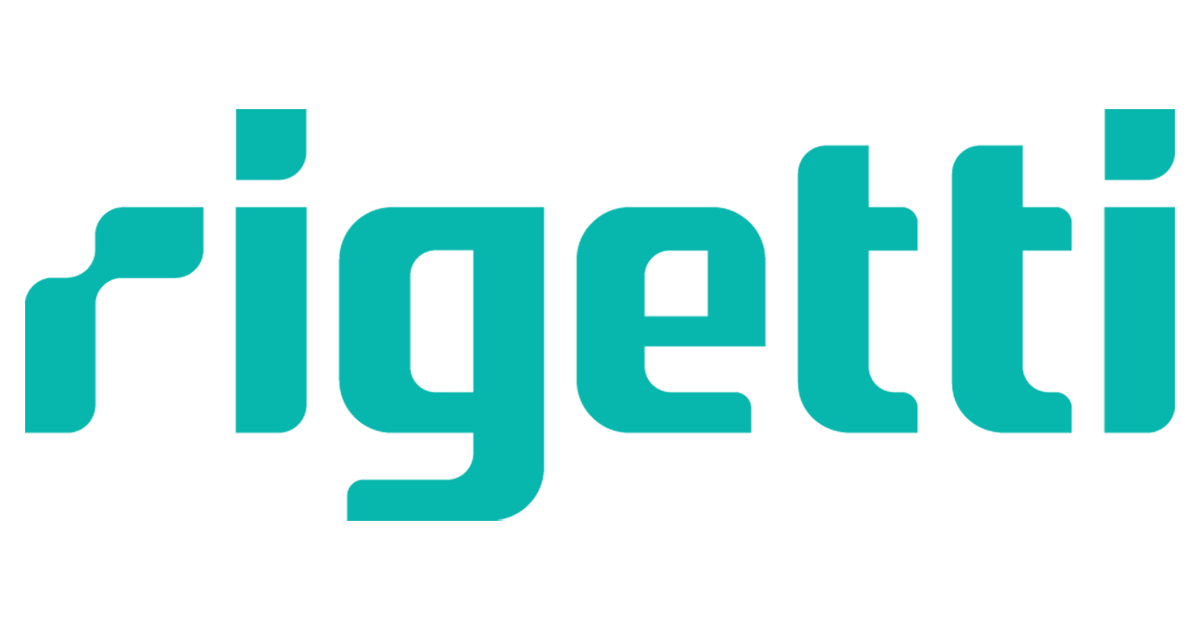Speakers
Prof. Eli Levenson-Falk
Professor Eli Levenson-Falk is a physicist and researcher known for his work in experimental quantum information science. As professor at the University of Southern California, his research focuses on using superconducting circuits for quantum computing, quantum sensing, and foundational quantum mechanics research. The Levenson-Falk Lab develops novel superconducting qubits, design tools, control schemes, and open quantum systems engineering techniques, then uses these systems to conduct basic quantum physics research. His contributions help bridge the gap between theoretical physics and practical applications in quantum systems.
Dr. Zlatko Minev
Dr. Zlatko Minev is a physicist and researcher at Google Quantum AI, where he works on advancing the field of quantum computing through innovations in superconducting qubit technologies and quantum control. He is renowned for his pioneering experiment that captured and reversed a quantum jump in real-time, offering profound insight into the nature of quantum measurement. With a strong background in both theory and experiment, Dr. Minev continues to push the boundaries of quantum information science, contributing to the development of scalable, fault-tolerant quantum systems.
Prof. Jens Koch
Professor Jens Koch is a theoretical physicist specializing in quantum information and condensed matter physics. He is a faculty member at Northwestern University, where his research focuses on superconducting circuits, quantum electrodynamics (cQED), and the design of qubits for quantum computing. Prof. Koch is widely recognized for co-developing the transmon qubit, a more robust type of superconducting qubit that has become a foundational element in many quantum computing architectures. His work bridges fundamental theory and practical applications, contributing significantly to the advancement of coherent quantum technologies
David Pahl
David is a PhD Student at MIT under Prof. Will Oliver. Before coming to MIT, David studied Electrical Engineering and Information Technology at ETH Zurich, where he received a BSc in 2022 with distinction. At ETH Zurich, he collaborated on the development of an FPGA-based analog signal generator for neutral atom experiments under Prof. Tilmann Esslinger. David wrote his thesis in Prof. Andreas Wallraff’s group, where he designed, fabricated, and measured 3D-integrated superconducting quantum devices.
At MIT, his research aims to develop scalable hardware architectures for fast and high-fidelity qubit readout. He is also designing quantum devices capable of low-overhead quantum error correction.
Lukas Pahl
Lukas is a graduate student researcher in the Engineering Quantum Systems group at MIT, advised by Prof. Will Oliver. He received his BSc in Electrical Engineering and Information Technology at ETH Zurich with distinction. Here, Lukas worked in the Quantum Optics group (Prof. Esslinger) on the development of control electronics for neutral atom experiments and in the Quantum Device group (Prof. Wallraff) on the design and characterization of superconducting qubit devices.
At MIT, Lukas seeks to explore techniques that will deliver superconducting quantum computers at scale. His research involves improving qubit gate fidelities through real-time control as well as the development and demonstration of low-overhead quantum error correction architectures.
Prof. Hakan Tureci
Professor Hakan Türeci is a theoretical physicist at Princeton University, specializing in quantum optics, quantum information, and the physics of open quantum systems. His research explores the fundamental behavior of light-matter interactions, non-Hermitian systems, and quantum technologies such as superconducting circuits. Prof. Türeci has made significant contributions to understanding how coherence and dissipation interplay in complex quantum systems, with applications in quantum computing and photonics. His work bridges deep theoretical frameworks with emerging quantum hardware, helping shape the future of quantum science and engineering.
Dr. Jin-Sung Kim
An experimental quantum physicist by training, Dr. Kim is currently responsible for developing the ecosystem of the NVIDIA Quantum Platform. He manages technical collaborations and external partnerships, and ensure that users base consisting of domain scientists, developers, physicists, enterprise users are enabled with the best tools for developing useful quantum applications. Prviously, he was a research scientist at IBM Quantum, working directly with superconducting qubits, with expertise in noise characterization and optimizing quantum gates towards applications and demonstrations. He received his PhD from Princeton University studying electron spins confined in metal-oxide-silicon quantum dots. The devices he fabricated are still some of the highest-mobility, lowest-disorder silicon transistors reported in the literature today.
Prof. Andreas Wallraff
Prof. Andreas Wallraff conducts research in quantum information processing and quantum optics. He has taught as a professor at ETH Zurich in Zurich, Switzerland since 2006. He worked as a research scientist with Robert J. Schoelkopf at Yale University from 2002 to 2005, during which time he performed experiments in which the coherent interaction of a single photon with a single quantum electronic circuit was observed for the first time. His current work at ETH Zurich focuses on hybrid quantum systems combining superconducting electronic circuits with semiconductor quantum dots and individual Rydberg atoms as well as quantum error correction with superconducting qubits.
Dung Pham
Dung (Dzung) is a Ph.D. student in the Quantum Engineering group at Princeton University, advised by Prof. Hakan Türeci. He earned his B.Sc. degrees in Physics and Electrical & Computer Engineering from Worcester Polytechnic Institute (WPI), where he worked in the Computational Nanoscience group on developing numerical methods for computational electromagnetics and studying electron interactions in semiconductor quantum dot systems.
At Princeton, his research focuses on developing theoretical techniques for modeling charged quantum fluids and superconducting quantum circuits, along with building computational tools for large-scale, efficient simulation of these devices. More recently, he has also begun exploring emergent phenomena in fundamental quantum electrodynamics (QED), such as the Schwinger process, which involves the creation and annihilation of electron-positron pairs, and how such effects might be simulated on quantum hardware.
Dr. Murat Can Sarihan
Dr. Murat Can Sarihan is is a research scientist at Google Quantum AI, working on NISQ applications of superconducting quantum devices. He completed his PhD as a Fulbright scholar at University of California, Los Angeles (UCLA) with a thesis on quantum networking. He worked on all the aspects of a practical quantum network, i.e. generation, transmission, and storage of quantum information, plus efficient coding and error correction schemes for quantum key generation.
Sadman Ahmed Shanto
Sadman Ahmed Shanto is a Ph.D. candidate in Physics at the University of Southern California, working in the Levenson-Falk Lab on superconducting quantum hardware. His research focuses on quasiparticle dynamics in superconducting circuits and the automation of quantum device design workflows.
Dr. Loren D. Alegria
Dr. Loren D. Alegria is a staff scientist at Lawrence Livermore National Laboratory, specializing in the materials science underpinning low-dissipation information processing technologies. As part of the Quantum Coherent Device Physics Group, he focuses on the design, microfabrication, and testing of innovative superconducting architectures to explore the fundamental limits of scalability in quantum information processors.
Dr. Arpit Arora
Arpit is a quantum scientist at NarabLab, UCLA, working at the interface of quantum materials, devices, and computing. His research focuses on uncovering emergent phenomena in novel materials to inform the design of next-generation components for utility-scale quantum computers. Currently, he investigates photon-matter hybrid systems to advance coherent quantum technologies and enable new capabilities in quantum control and information processing.
Ben Jarvis-Frain
Ben is a quantum integrated circuit designer at Rigetti Computing where he works on modeling and design of superconducting quantum processors. He completed his Masters at the Institute for Quantum Computing at the University of Waterloo with a thesis on microwave quantum optics. Ben’s work at Rigetti has focused on developing scalable simulation techniques for quantum processors in a 3D integrated environment and understanding parasitic multi-qubit interactions that arise in these systems.
Dr. Ofer Naaman
Ofer Naaman (he/him) is a research scientist with Google Quantum AI, where he leads the readout hardware team. Ofer holds a BSc degree from Tel Aviv University and a PhD in physics from UC San Diego. Prior to joining Google, Ofer was at NIST Boulder, UC Berkeley, and Northrop Grumman, where he has worked on topics ranging from single-electron transistors, quantum computing, and parametric amplifiers, to superconducting logic and cryogenic memory. He authored and co-authored 55+ papers and 25+ patents, is a member of APS, and an IEEE MTT-S senior member.
Prof. Michel Devoret
Professor Michel Devoret is a renowned experimental physicist who recently joined UC Santa Barbara and Google Quantum AI, following a distinguished career at Yale University. He is a pioneer in the field of superconducting quantum circuits, best known for co-developing the transmon qubit and advancing quantum-limited amplification. His research has been instrumental in shaping the architecture of today’s quantum processors, blending deep theoretical insight with experimental innovation. At UCSB and Google, Prof. Devoret continues to drive progress toward scalable, fault-tolerant quantum computing.
Dr. Daniel Sank
Dr. Dan Sank is a physicist and researcher at Google Quantum AI, where he works on the development of superconducting qubits and scalable quantum computing systems. He has been a key contributor to the engineering of Google's quantum processors, including the Sycamore chip used in their demonstration of quantum supremacy. Dr. Sank focuses on improving qubit coherence, microwave control, and system integration, bridging the gap between quantum hardware and practical computation. His work plays a critical role in advancing Google's efforts toward building a fault-tolerant quantum computer.

